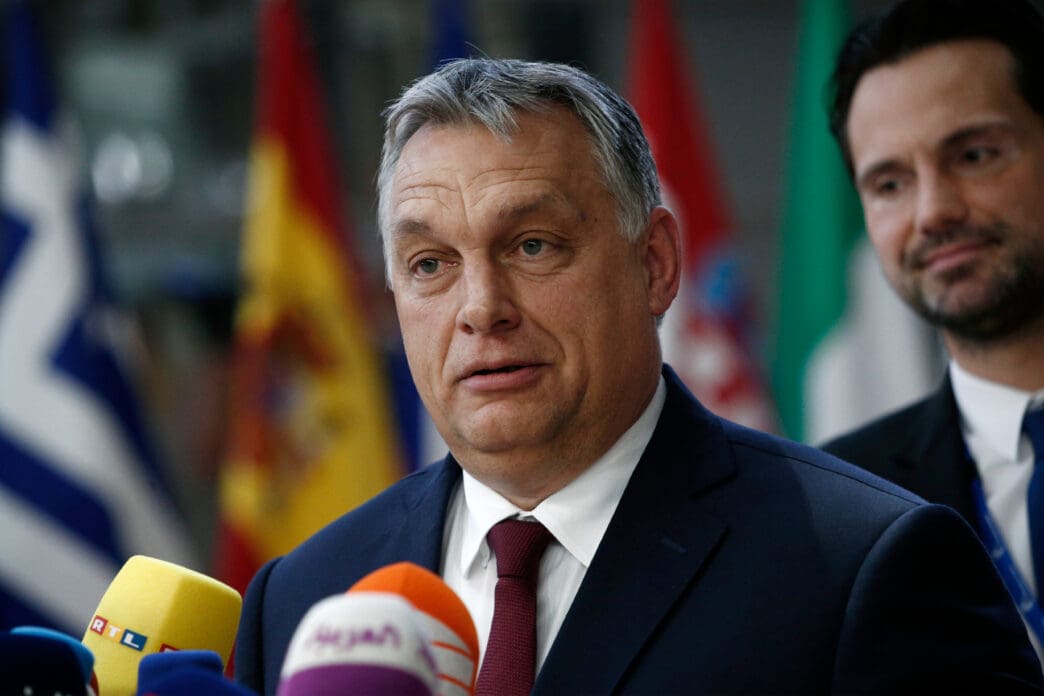Executive Summary
The Story So Far
Why This Matters
Who Thinks What?
Balázs Orbán, Hungary’s Prime Minister’s political director, asserted on Thursday that the European Union’s centralized management has not only failed to resolve the continent’s challenges but has actively worsened them, leading to Europe’s increasing isolation and strained international relations. Speaking at the Brain Bar festival, where he debated former Swedish Prime Minister Carl Bildt, Orbán critically assessed the current EU leadership’s approach to key issues ranging from immigration to energy supply.
EU Leadership Under Scrutiny
According to Orbán, the current leadership in Brussels has become “part of the problem, not the solution,” hindering the EU’s ability to respond effectively to ongoing crises. He argued that this perceived faltering leadership has resulted in Europe becoming isolated on the global stage, with relations with major powers like Russia, China, and the United States becoming increasingly strained.
Immigration Policy and National Sovereignty
Orbán highlighted immigration as a critical example of the EU’s mismanagement, emphasizing that it is a matter of national sovereignty. He stated that the Hungarian government’s duty is to represent its citizens’ will, which he believes opposes illegal immigration. He pointed out that Hungary currently faces a daily EU fine of €1 million for its border protection measures, reinforcing his view on the importance of national control over such policies.
Energy Supply and Fund Allocation
The political director also addressed the EU’s energy supply, noting that while Hungary openly procures affordable Russian energy, other Member States reportedly obtain the same energy through intermediaries. Furthermore, Orbán criticized the allocation of EU funds, suggesting they are predominantly used to finance the conflict in Ukraine, rather than addressing the fundamental needs of young Europeans, such as job creation, security, and a predictable future.
Key Takeaways
Balázs Orbán’s remarks underscore a growing sentiment within certain Member States regarding the efficacy and direction of the European Union’s governance. His critiques center on the perceived failures of centralized management to address core challenges, leading to accusations of European isolation and a misallocation of resources, particularly concerning immigration, energy strategy, and geopolitical positioning.








